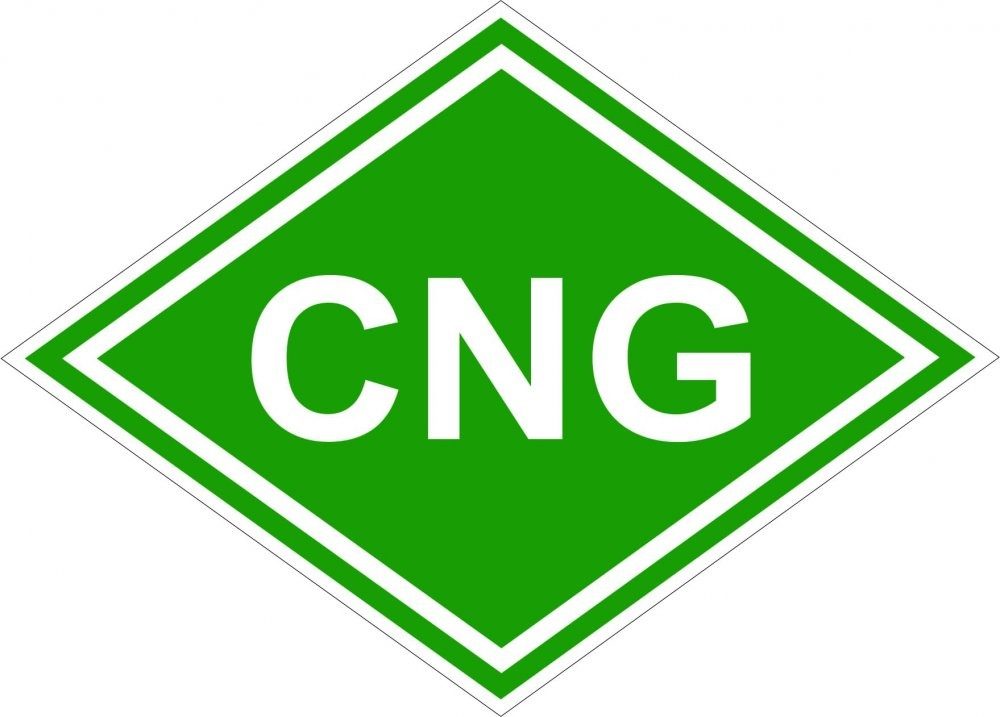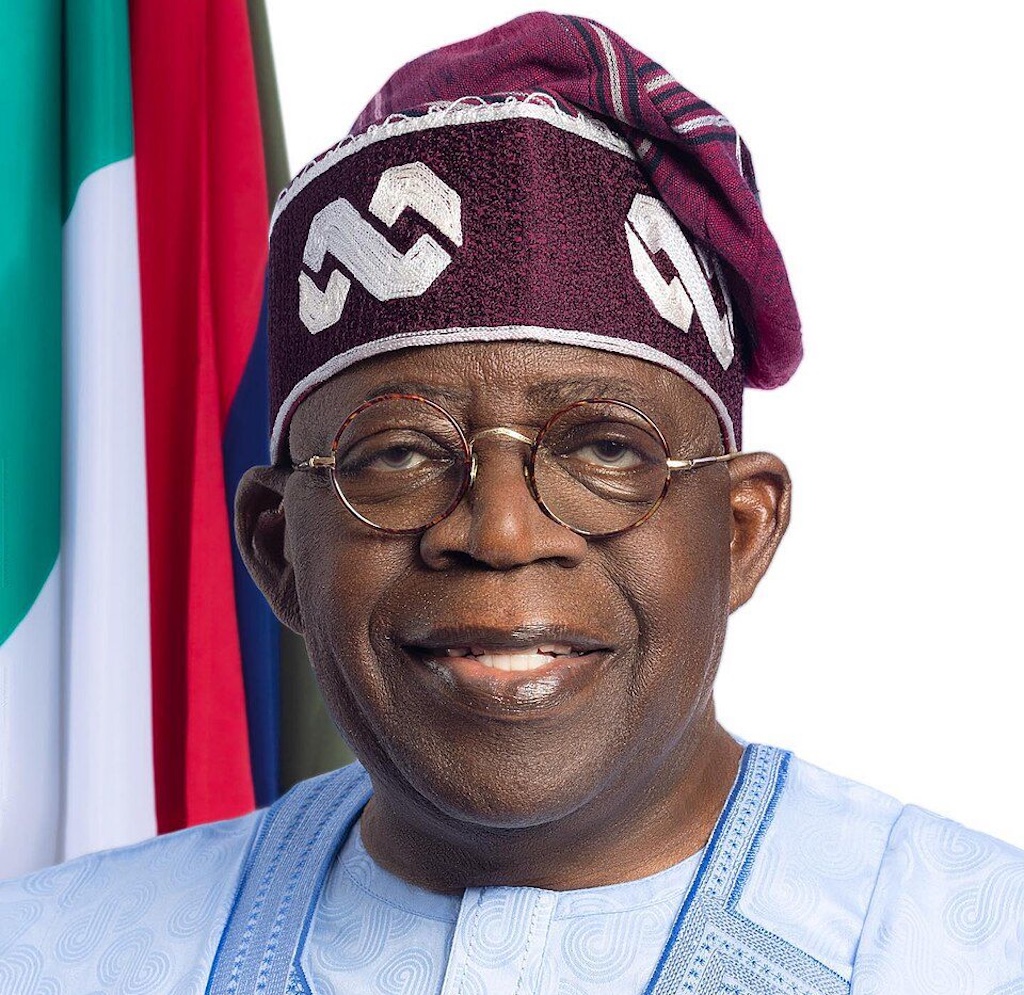By Maxwell Bako Dogara
When Nasir El-Rufai took the reins of power in 2015, one of his first acts was to slam his predecessors — especially late Governor Patrick Yakowa — for allegedly plunging Kaduna State into unsustainable debt. Even ex-governor Ramallan Yero, who directly succeeded Yakowa, never hauled insults at past governors. He simply did what he could within his short tenure and was, perhaps, unlucky not to enjoy two full terms like El-Rufai. But El-Rufai chose a different path — one paved with accusations, policy U-turns, and a selective definition of “legacy.” He promised to “recalibrate” governance and refocus spending towards “priority” areas. But that recalibration came at a heavy cost: the abandonment of people-centered projects that carried deep social and economic impact — especially in Southern Kaduna.
El-Rufai, in his many public tirades, painted his successors, including Yakowa’s government, as reckless with public funds. Yet, the facts tell a different story. Yakowa’s 19 strategic road projects were not vanity works; they were deliberate attempts to bridge decades of infrastructural inequality between Northern and Southern Kaduna. From the Gora–Dutsen Bako Road to the Kachia–Kwaturu–Ladduga link, these roads were arteries meant to connect forgotten communities to opportunity.
Rather than build on that legacy, El-Rufai’s administration pressed the pause button — indefinitely. Contracts were cancelled or allowed to expire. Communities that had begun to feel the dividends of democracy were plunged back into the margins. His justification? Debt and fiscal discipline.
But ironically, by the time El-Rufai left office in 2023, Kaduna’s debt profile had ballooned even further — reportedly over N284 billion, according to Debt Management Office figures. So, the debt argument became hollow. What remained, instead, were skeletal bridges, ghost construction sites, and frustrated citizens wondering why a government that preached prudence couldn’t deliver even the basic promise of a motorable road.
Today, Governor Uba Sani is picking up the pieces — settling inherited liabilities and bringing contractors back to site. His focus isn’t on blaming the past, but fixing what was left broken. From Romi–Karatudu to Kwagiri–Kussom–Wasa, Uba is breathing life back into Yakowa’s vision of a united and connected Kaduna.
The verdict? El-Rufai’s “debt” narrative served as a political shield to mask regional neglect. But history is already exposing the cracks — and vindicating Yakowa’s inclusive legacy.
*Dogara is a public commentator


